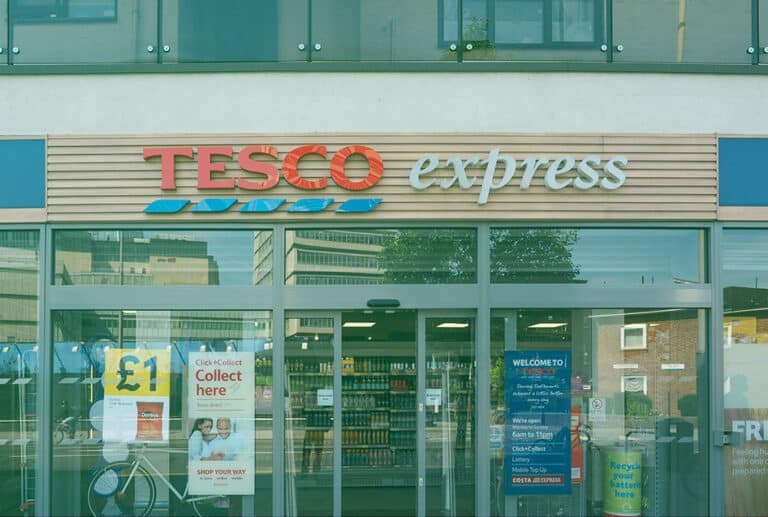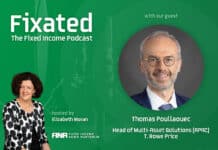
Investors are being warned to be skeptical about the validity of some sustainability-linked bonds (SLBs) amid claims that credible SLBs are becoming harder to find.
Matt Lawton, T. Rowe Price Group Inc.’s portfolio manager for global impact credit strategy, told Bloomberg that they often look like little more than a ruse.
He criticised Wall Street banks and companies who are too eager to take advantage of the surging demand for these investments that promise they’re advancing the social good. Often, the targets they set are so easy to achieve, or so weakly enforceable.
“It’s becoming increasingly difficult to find credible SLBs,” he said in an interview with Bloomberg. “The banks are pitching these structures really hard so I definitely approach them with a healthy degree of skepticism.”
A wave of cash has been chasing returns globally from ESG-labelled bonds as companies pursue cheaper borrowing costs.
Moody’s ESG Solutions is expecting US$150 billion by the end of this year to be invested in SLBs.
Also read: Ethical High-Yield Credit Fund Launched
Lawton used as an example Tesco Plc’s inaugural sustainability-linked bond, which was priced in January 2021. The UK-based grocery-store chain tied the 750 million-euro, 8.5-year bond to a pledge to cut 60% of its direct and indirect greenhouse gas emissions through 2025-26, with 2015-16 as the baseline. But the company had already achieved a 50% cut in those emissions by the time the deal was sold.
Tesco has defended itself saying that its SLB framework was independently assessed by Sustainalytics, who found its sustainability performance targets to be “impactful and ambitious.”
Lawton also mentioned that enforcement mechanisms often mean the goals matter little in practice when SLBs can be repurchased from investors before there are any penalties for not reaching sustainability targets.
The International Capital Market Association in June announced updated key performance indicators for SLBs.
It issued, “An updated registry of approximately 300 key performance indicators (KPIs) for Sustainability-Linked Bonds, the fastest-growing segment of the sustainable bond market. The KPIs are classified by sector and between core and secondary indicators following the input of over 90 leading market participants and stakeholders. An accompanying Q&A also addresses, among other issues, the materiality assessment of KPIs, which has been a topic of debate among market participants and stakeholders.”
The ICMA represents over 600 members active in all segments of international debt capital markets in 65 jurisdictions globally. Among its members are private and public sector issuers, banks and securities dealers, asset and fund managers, insurance companies, law firms, capital market infrastructure providers and central banks.
The full Bloomberg article can be read here.






























